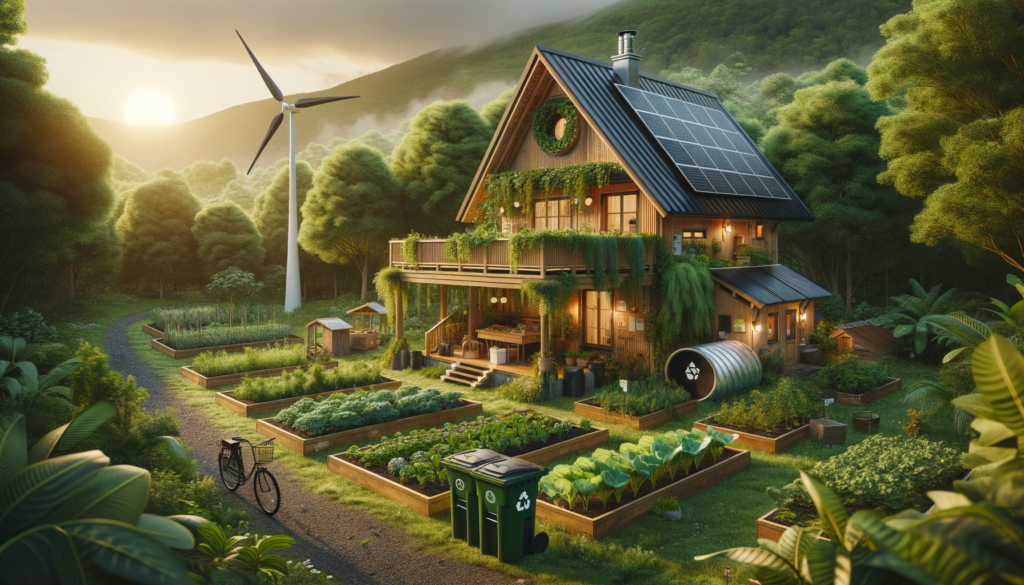The Pets Care Blog

Eco Homes: A Sustainable Living Solution
Introduction to Eco Homes
In recent years, the concept of eco homes has gained significant traction as a sustainable living solution. As environmental concerns continue to rise, more individuals are seeking ways to reduce their carbon footprint and live in harmony with nature. Eco homes offer a promising avenue for achieving these goals by integrating energy-efficient technologies, sustainable materials, and innovative design principles. This article delves into the various aspects of eco homes, highlighting their importance, benefits, and the role they play in promoting a sustainable future.
Design Principles of Eco Homes
Eco homes are designed with a focus on sustainability and environmental responsibility. The core principle is to minimize the impact on the environment while maximizing energy efficiency and comfort for the inhabitants. Key design features include:
- Passive solar design: Utilizing the sun’s energy through strategic placement of windows and thermal mass to naturally heat and cool the home.
- Insulation and airtightness: Ensuring the home is well-insulated and airtight to reduce energy loss and improve thermal comfort.
- Natural materials: Using sustainable and locally sourced materials such as bamboo, reclaimed wood, and recycled metal.
- Water conservation: Implementing rainwater harvesting systems and low-flow fixtures to minimize water usage.
These design principles not only reduce the environmental impact but also contribute to lower utility bills and a healthier living environment.
Technological Innovations in Eco Homes
The integration of technology plays a crucial role in enhancing the efficiency and sustainability of eco homes. Innovations such as smart home systems, energy-efficient appliances, and renewable energy sources are transforming the way eco homes operate. Notable technologies include:
- Solar panels: Harnessing solar energy to power the home, reducing reliance on fossil fuels.
- Geothermal heating and cooling: Utilizing the earth’s natural temperature to regulate indoor climate efficiently.
- Smart home systems: Automating lighting, heating, and security to optimize energy use and enhance convenience.
- Energy-efficient appliances: Utilizing appliances with high energy ratings to reduce electricity consumption.
These technological advancements not only contribute to a more sustainable lifestyle but also offer long-term cost savings for homeowners.
Benefits of Living in Eco Homes
Living in an eco home offers numerous benefits beyond environmental conservation. These homes provide a healthier and more comfortable living environment due to improved air quality and natural lighting. Additionally, eco homes often feature open and flexible designs that enhance the quality of life for residents. Financially, the initial investment in eco-friendly technologies and materials can lead to significant savings on energy and water bills over time. Moreover, eco homes often have higher resale values, making them a wise investment for the future. By choosing to live in an eco home, individuals contribute to a more sustainable world while enjoying the personal benefits of a greener lifestyle.
The Future of Eco Homes
As awareness of environmental issues continues to grow, the demand for eco homes is expected to increase. Future developments in this field may include advancements in building materials, more efficient energy systems, and innovative design concepts that further reduce the ecological footprint. Governments and organizations are also likely to play a significant role by offering incentives and support for eco-friendly construction. The future of eco homes is bright, with the potential to revolutionize the housing industry and contribute significantly to global sustainability efforts. Embracing eco homes is not just a trend but a necessary step towards a more resilient and environmentally conscious future.









